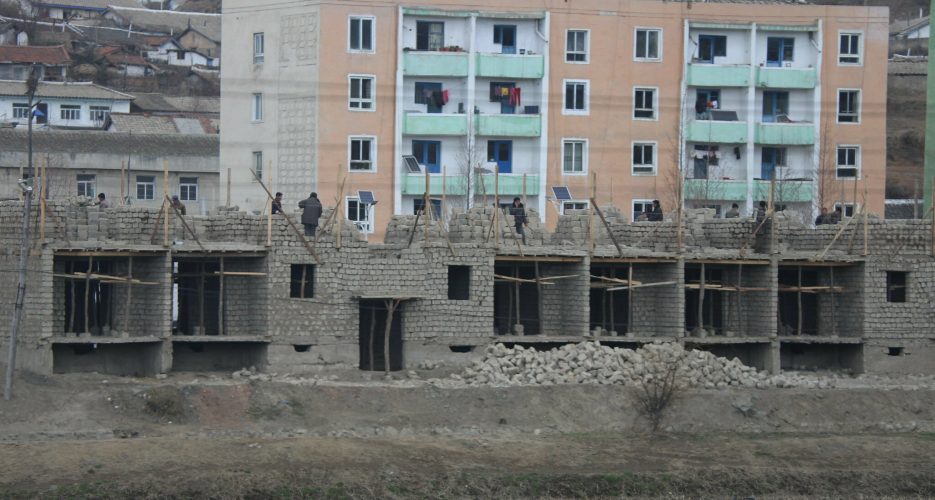The Commission on Verification and Support for the Victims of Forced Mobilization under Japanese Colonialism, an affiliate of the South Korean Prime Minister’s Office, held a press conference for domestic and foreign journalists on August 20th, at its headquarters in downtown Seoul. Highlights of the conference included a report by the chairman of the commission, Park In-hwan, on the current plight of those North and South Korean people who were forced by Japanese colonizers to work as soldiers, civil military employees and laborers during World War II.
During the briefing, reporters were also shown the commission’s exhibition hall, which houses artifacts submitted by Korean victims of Japan’s forced labor in order to get compensation from the South Korean government. The fascinating items on display include a flag of imperial Japan, old photos, a fan and jacket used in colonial times, and more. They were also taken down for an exclusive look at the archive room in the basement of the commission’s headquarters, which houses thousands of records consisting of applications to get compensation from forced labor victims and their family members, as well as the commission’s written decisions on whether the applicants should or should not be compensated.
The Commission on Verification and Support for the Victims of Forced Mobilization under Japanese Colonialism, an affiliate of the South Korean Prime Minister’s Office, held a press conference for domestic and foreign journalists on August 20th, at its headquarters in downtown Seoul. Highlights of the conference included a report by the chairman of the commission, Park In-hwan, on the current plight of those North and South Korean people who were forced by Japanese colonizers to work as soldiers, civil military employees and laborers during World War II.
During the briefing, reporters were also shown the commission’s exhibition hall, which houses artifacts submitted by Korean victims of Japan’s forced labor in order to get compensation from the South Korean government. The fascinating items on display include a flag of imperial Japan, old photos, a fan and jacket used in colonial times, and more. They were also taken down for an exclusive look at the archive room in the basement of the commission’s headquarters, which houses thousands of records consisting of applications to get compensation from forced labor victims and their family members, as well as the commission’s written decisions on whether the applicants should or should not be compensated.
Become a member for less than $4 per week.
Unlimited access to all of NK News: reporting, investigations, analysis
The NK News Daily Update, an email newsletter to keep you in the loop
Searchable archive of all content, photo galleries, special columns
Contact NK News reporters with tips or requests for reporting
Get unlimited access to all NK News content, including original reporting, investigations, and analyses by our team of DPRK experts.
Subscribe now
All major cards accepted. No commitments – you can cancel any time.







